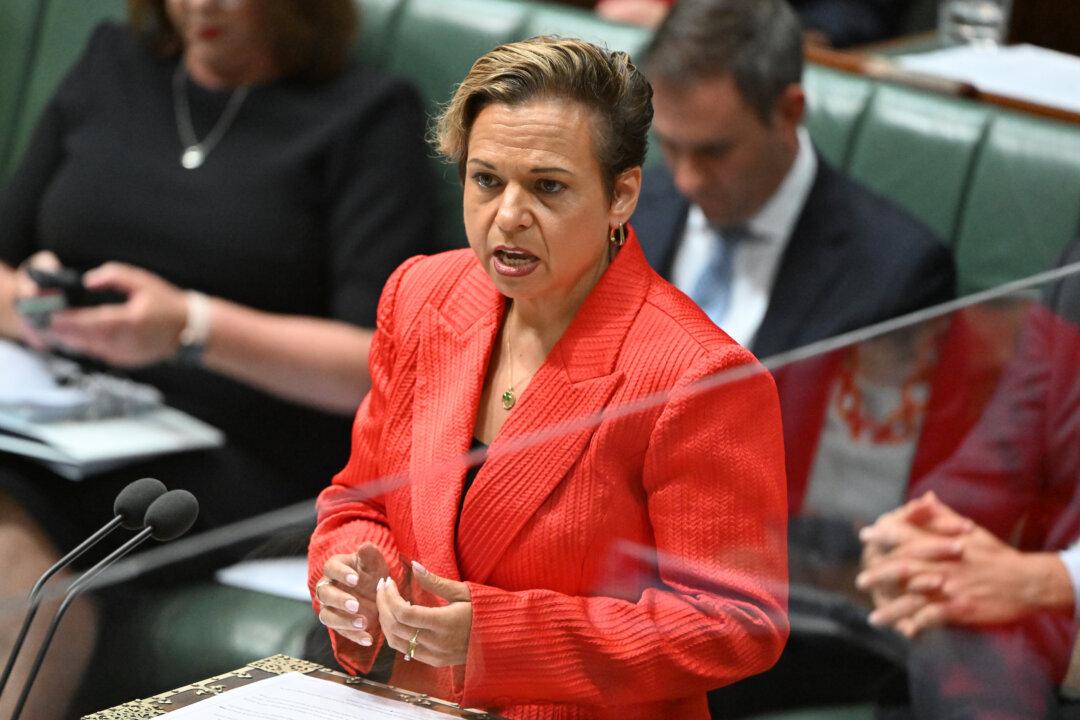Modern parents lack the benefit of generational advice when it comes to handling social media challenges with their children, New South Wales Premier Chris Minns has said.
His comments came on the second day of a social media summit, co-hosted alongside South Australian Premier Peter Malinauskas, focusing on reducing youth access to social media amid a growing body of evidence showing its links to mental health concerns in young people.





